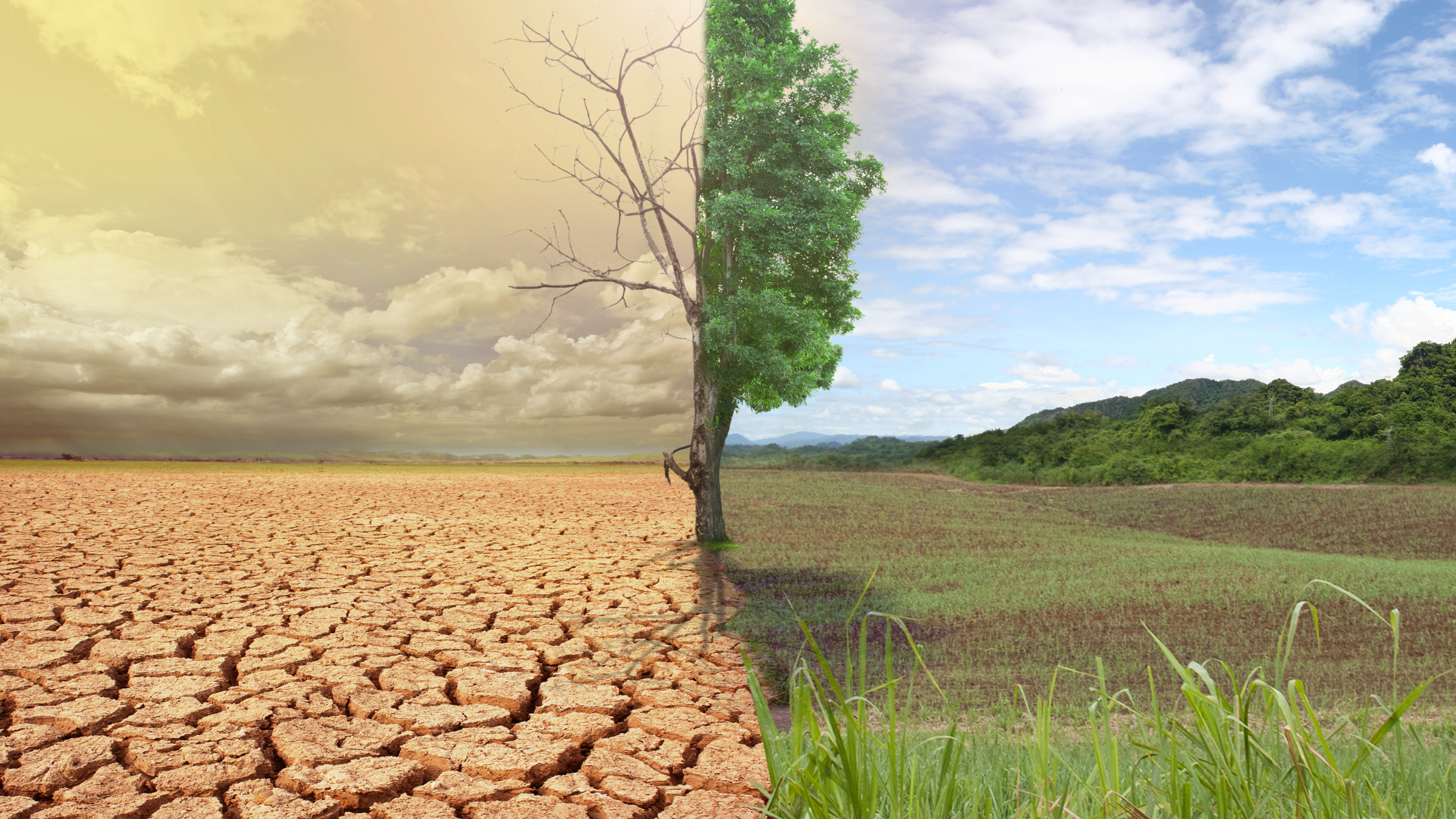The Relationship Between Global Warming and Agriculture: Impacts and Solutions
Using Technology to Mitigate the Negative Impacts of Global Warming on Agriculture

Global warming results from a long-term increase in the Earth’s average surface temperature.
It is primarily caused by releasing greenhouse gases, such as carbon dioxide, methane, and nitrous oxide, into the atmosphere through human activities like burning fossil fuels, deforestation, and industrial processes.
The relationship between global warming and agriculture is complex, with both positive and negative effects on farming. While increased levels of carbon dioxide can stimulate plant growth and higher temperatures can accelerate the maturation of some crops, extreme weather events like droughts, floods, and heatwaves can damage crops and reduce yields.
Changing weather patterns can also disrupt planting and harvesting schedules while spreading pests and diseases can harm crops.
In addition, global warming can lead to water availability changes, which can affect irrigation and reduce crop productivity.
Technology can play an essential role in enhancing agriculture and mitigating the negative effects of global warming. Precision agriculture involves using technology to collect and analyze data on crop growth, soil health, weather patterns, and other factors that affect agricultural productivity.
Sustainable farming practices can be developed and implemented using technology to reduce greenhouse gas emissions and improve soil health, such as precision irrigation systems and precision fertilization techniques.
Climate-smart agriculture involves using technology and sustainable farming practices to adapt to the effects of climate change and reduce greenhouse gas emissions, such as planting crops that are more resistant to heat and drought, using cover crops to improve soil health, and using renewable energy sources like solar panels and wind turbines to power farm operations.
Agricultural biotechnology involves using genetic engineering and other techniques to develop crops that are more resistant to pests and diseases and can grow in harsher environments.
Technology can help farmers to adapt to the effects of global warming and mitigate its negative impacts on agriculture.
By using precision agriculture, sustainable farming practices, climate-smart agriculture, and agricultural biotechnology, farmers can improve their yields.
